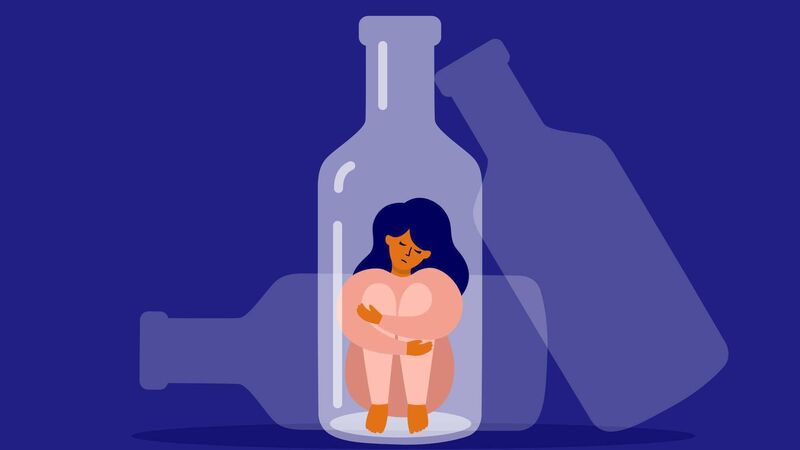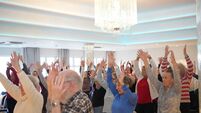Do you have an issue with alcohol?

Alcohol can be the catalyst for either embarrassing or anti-social behaviours, and fuels altercations frequently.
THE decorations are hung, the presents are wrapped, and school is almost out. It’s the most wonderful time of the year, apparently! But this is far from being the case for everyone.
Dr Michelle O’Driscoll is a pharmacist, re searcher and founder of InTuition, a health and wellness education company. Her research lies in the area of mental health education, and through InTuition she delivers health promotion workshops to corporate and academic organi sations nationally. See intuition.ie







 App?
App?


